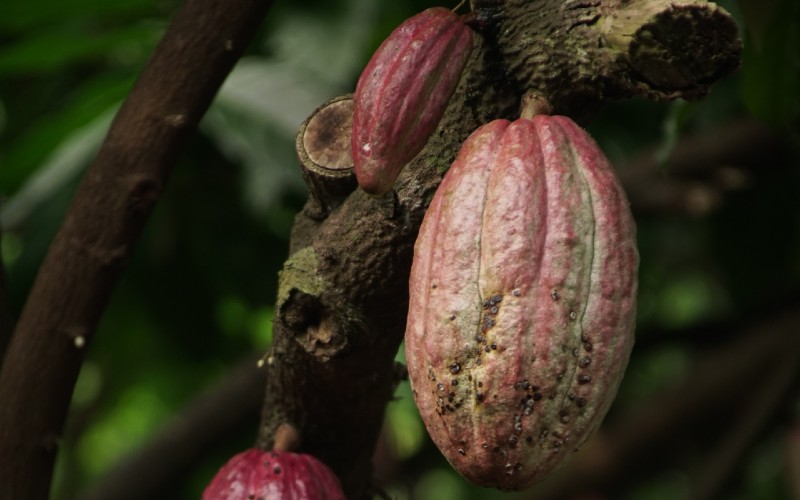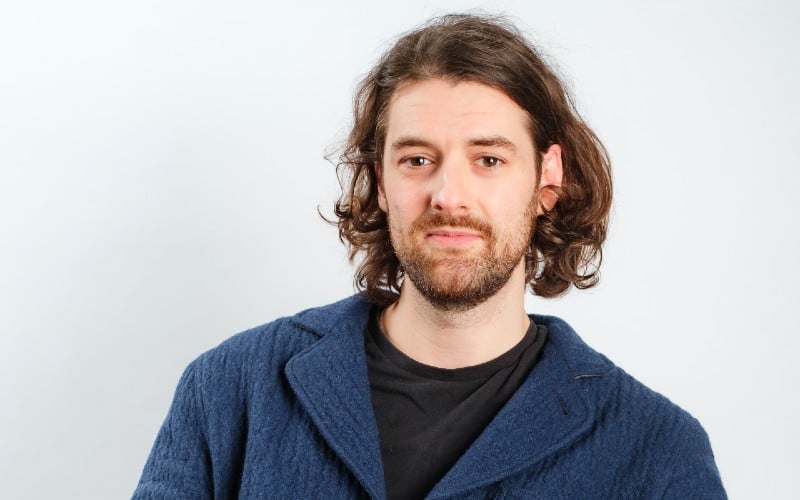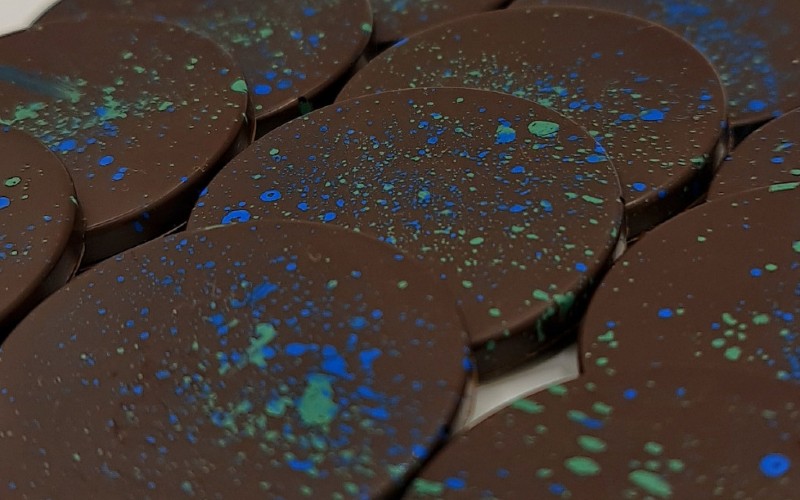Opening that shiny wrapper to reveal your favourite chocolate bar may feel like a guilty pleasure.
But is there a far darker side to your sweet treat than a few naughty calories?
Chocolate is a $90 billion industry dominated by North American and European countries, especially around Christmas. However more than half of its key ingredient is produced by just two African nations: the Ivory Coast and Ghana.
“Most of the world’s cacao only comes from two countries, involves child and slave labour, and causes deforestation and climate change,” Ahrum Pak (pictured below), co-founder of WNWN Food Labs, tells BusinessCloud.
“Global demand for cacao is increasing 4-5% a year, climate change is reducing yields in current growing areas, and even on those farms where child labour and slave labour are absent, pay is poor and life is precarious.
“Thousands of miles away, US and EU-headquartered multinationals – aka ‘Big Chocolate’ – reap vast profits from selling chocolate made from their cacao. We believe that our favourite sweet treats should be harm-free and guilt-free.”

The Make Chocolate Fair campaign highlights how growing cacao is hard manual work and very labour intensive as caring for and harvesting the beans requires close and continuous attention.
Flowering and bearing fruit throughout the year, the large cacao pods need to be cut from the trees by machetes or sticks. Each pod contains 20-30 seeds sitting in a sweet white pulp, and it takes a whole year’s crop from one tree to make half a kilo of cocoa.
As pods do not ripen at the same time, the trees need to be monitored continuously. Cocoa is also a very delicate crop, easily affected by changes in weather and susceptible to diseases and pests.

Credit: Ly Le Minh, Unsplash
A report last year from the NORC research centre at the University of Chicago estimated that 2.8 million children in the two countries provided labour in 2018 and 2019 – 2.3m of them regularly – with many involved in hazardous work involving sharp tools, heavy loads and chemical handling.
WNWN is looking to provide consumers with an alternative ethical and sustainable choice via its cacao-free, plant-based chocolate.
Materials scientist and co-founder Dr Johnny Drain (below) believes he has created a product which tastes, melts, snaps and even bakes like the original – despite being vegan, lower in sugar, producing 80% fewer CO2 emissions and free of palm oil.

“Our hero ingredients are British barley and Italian carob,” says Dr Drain. “We’ve developed a proprietary process to create the flavour compounds that arise when you make chocolate using those two ingredients.
“When you make chocolate, you ferment and roast cacao beans and then melange them. We do much the same, just with no cacao beans. Currently, in the FoodTech world, people are using things with impressive names such as precision fermentation and cellular agriculture to develop alt-ingredients, like alt-proteins.
“But our approach is what is often termed ‘traditional fermentation’: it’s a riff on the sorts of techniques that have been putting food such as bread, cheese, coffee, chocolate, vinegar, booze and miso on people’s plates for thousands of years.
“The aim is to recreate ‘chocolates’. Within the world of chocolate there are many different flavour profiles. Even if you compare a generic dark chocolate with a generic milk chocolate the experience is incredibly different. Using our fermentation process we can dial up acidity, bring out fruitiness etc to recreate different flavour profiles.”

WNWN’s chocolate alternative
He adds: “Chocolate has two key features. Firstly, the flavour, which comes from the fermenting and roasting of the cacao beans. And secondly, the structure and mouthfeel which comes from the somewhat unique properties that cacao butter – the fat in cacao beans – has.
“Recreating both in tandem – without using palm oil – is tricky to say the least!”
Based in London, WNWN – pronounced ‘Win-Win’ – raised $1m funding last year and currently employs four people full-time and four part-time.
https://businesscloud.co.uk/envirotech-50-uks-most-innovative-green-technology-creators-for-2022/
“We wanted to start a company to help improve our broken food system. As we learned more about chocolate, we found much of the world’s chocolate has a very dark side that most consumers are completely unaware of,” says Pak, a former investment banker who contacted Dr Drain on Instagram when searching for a more purpose-led mission.
It is already planning alternatives for other unethical, unsustainable products including coffee, vanilla and tea. “If you look into the supply chains and externalities of many of the world’s favourite foods, unfortunately, you find a similar story,” she continues.
“In the near term, we’ll be releasing more delicious alt-choc products within the UK and internationally, growing our team, and building a manufacturing facility.”

